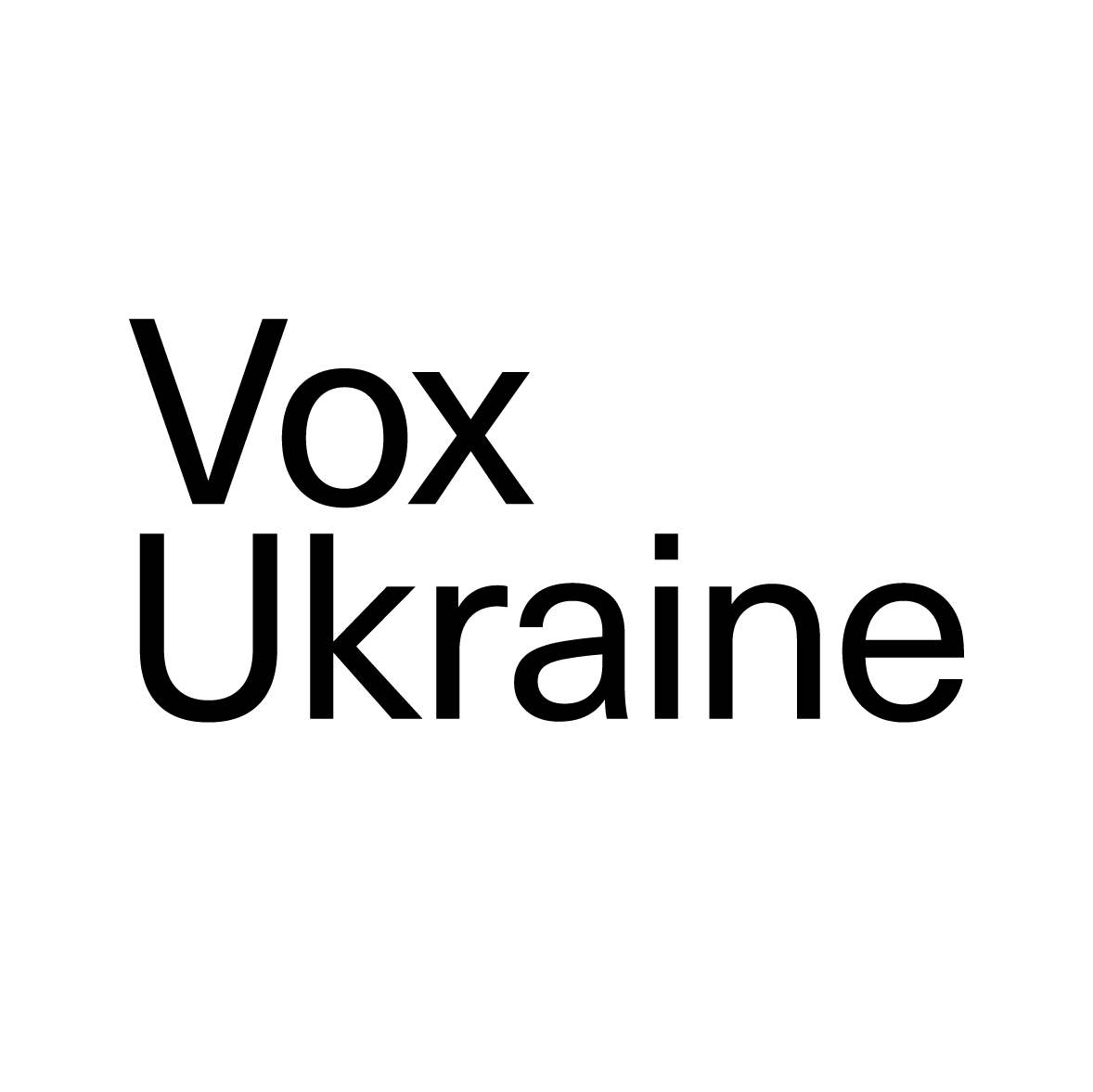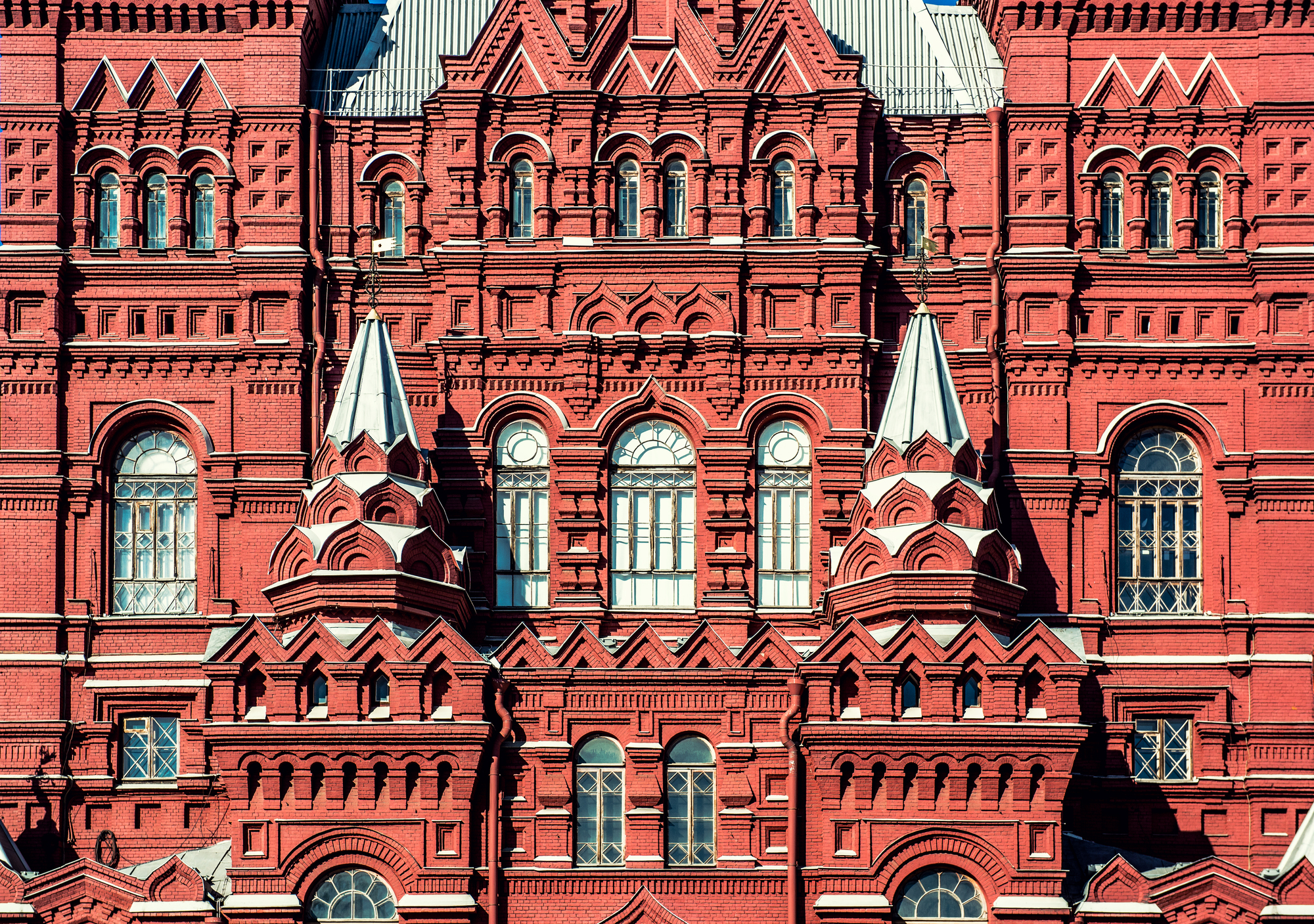Recent events with deployed regular Russian troops at the east of Donbas and decisive attacks of Russian forces to unlock the Donetsk encirclement of separatists have posed for the Ukrainian society a critical question: How can the country survive and develop while having Donbas occupied and facing permanent military actions or persistent instability akin to the situation in Transnistria, Abkhazia and South Ossetia.
Indeed all previous assumptions of Ukrainian authorities as well as international financial institutions (e.g., the IMF) presumed quite fast stabilization of situation and excluded presence of Russian regular forces on the Ukrainian territory. Under such scenario, the Ukrainian army was expected to finish anti-terrorist operation in a few months and the progress on encirclement of Donetsk in August indeed promised very fast conclusion of the conflict.
On August 24 the situation has changed dramatically. Now we are talking about long-run though still unannounced war with Russia on the Ukrainian territory with poor chances to put the situation in Donetsk and Luhansk oblasts under control of Ukraine’s authorities in the nearest future. In other words, Ukraine received a constantly rotting wound on the body of its economy. It will be killing the country slowly with very poor chances to fend off the smoldering conflict. We are talking not only about military costs eating a large part of the government’s budget, but also about subsidies to the region which will not be paying taxes and not supplying raw materials (coal) to the rest of the country, about boom of smuggling and drugs supply through our territory (no border, no mechanism of control, no instruments of influence). The Ukrainian society faces an incredible challenge how to start developing in such extremely tough environment.
For sure, a panacea in our unique situation does not exist but below we suggest steps which should be done as soon as possible to avoid ‘failed state’ status for Ukraine.
- Sharing military costs
- Cutting staff of law enforcement bodies
- Outsourcing judicial system
- Strengthening protection of the poorest
Sharing military costs. With Russia deeply involved in the conflict Ukraine has poor chances to win. For sure, even if total territory is occupied by Russians there will be very strong guerilla resistance but there will be no organized force on the Ukrainian side as such. The main bottle-neck in resisting Russian aggression and threats is the lack of resources on our side. Ukrainian military spending were less than $2 billion in 2013 (about 1% of Ukraine’s GDP) while Russia spent more than $70 billion. This year the Ukrainian government planned to spend 1.3% of GDP on armed forces which is still too little to match the resources of the Russian army. Of course, Ukraine can spend more on its army and navy but then military spending is going to be a heavy burden on its economy.
Hence, a key question is how Ukraine can get a big multiplier on its military spending. Clearly, Ukraine needs military cost-sharing with Western countries. For example, NATO countries are committed to spend at least 2% of their GDP on armed forces. While each country’s force may be relatively small, the combine resources are huge in absolute terms. The combined defense expenditures of all NATO nations in 2013 amounted to $1.02 trillion; this is more than half of Russia’s GDP. In 2013, NATO had 3,370,000 servicemembers; while Russia had about 766,000 troops. Thus, if Ukraine joins NATO, it will spend 2% of its GDP on the military, but in exchange, it will get an enormous military cover.
NATO is not willing to help with troops at this point since such a move might trigger a new wave of escalation but NATO’s supplies of military equipment and ammunition are critical for Ukraine. Given how slow and apparently corrupt Ukraine’s Ministry of Defense is, transferring foreign aid under supervision of reputable organizations and representatives of Ukrainian civil society may be a good idea.
Against this backdrop, the messages delivered during the NATO Summit in Wales are positive for Ukraine. NATO declared creation of trust funds (financial support which goes under supervision of donors). Ukraine was also promised supplies of ammunition and military equipment. If those declarations indeed implemented, Ukraine will be in a position to maintain long-run resistance preventing further occupation of its territory.
Cutting staff of law enforcement bodies. Apart of legal nuances of law enforcement bodies’ reform, large-scale layoff from police was one of the main impediments of potential reformation process. Near 250,000 policemen are employed in law enforcement. This is clearly excessive. For example, the number of policemen per 100,000 people is 373 in Ukraine while only 292 in developed countries. For persecutors, the picture is even more dismal: 34 in Ukraine vs 9 in developed countries. All of them have negligible salary but because of sheer numbers, they eat 7.8% of the state budget (in developed countries the share of the state budget spent on law enforcement is about 4%). Furthermore, they have significant authorities and they are experts in using force. Repeating frequently-cited Georgian experience and firing in one move few hundred thousands of people who are very good in using force and are skilled in using weapon carries a significant risks for common folks – many of the dismissed policemen could be involved in criminal activities or even used by external foes for mass provocations.
In the war context, the problem could be solved naturally. Instead of mobilizing fresh soldiers to army the authorities should reallocated those serving in policy to the National Guard while cutting permanently the size of law enforcement bodies. With external financial support, this reform will not lead to any social tension and the authorities will have open a way to rebuild Ukraine’s law-enforcement system totally.
Outsourcing judicial system. All improvements in the investment environment, property rights protection and deregulation are hanging on success of the judicial reform. Society does not believe to this branch of power and judges do not care much about earning the image of ‘fair arbiters’. Broadly speaking, this branch of power does not work as such. In this context, any reforms are doomed to fail without rebuilding confidence in the judicial system promptly.
Among the ideas which are discussed we should pay attention to creating a system of visiting foreign judges which will be running trials according to Ukrainian laws. This might appear to be a very radical solution but we simply do not have time for starting long-run judicial reform. Ukrainians trust foreign judges (otherwise businessmen would not resolve conflicts in international courts) and outsourcing judicial process to foreign reputable judges might give a start for renewing judicial system in the war context.
Strengthening protection of the poorest. Another crucial impediment for fast reform of economic system is our socialist approach in protecting poorest. Categorical privileges (i.e. based on social status) are a rudiment of Soviet times which allows many ways to abuse public funds. The drawbacks of the system are reflected with progressive dependencies of privileges from income – in other words, the more you earn the more privileges and social assistance from the government you get. A recent study documents that out of 40 bln hryvnyas (4 times the amount spent on the armed forces) Ukraine spent on social assistance in 2011 only a third was received by the poor (the poorest 20% of the population). In contrast, the share of social assistance that went to the poor in Georgia was 65%. Ukraine can emulate reforms in Georgia and make social support much more targeted by implementing means-tested programs for all categories of Ukrainians. That is, if one wants to have support from the state (from taxpayers), s/he should show that s/he does not have other sources of living and her/his income indeed is low.
This rule should be universal for veterans, Chernobyl victims, recipients of birth assistance, etc. This step should be properly communicated to explain that means-testing is crucial if people do not want members of parliament, generals, and top-level servants to abuse public funds and if they want social assistance to be indeed significant for those who really need support. In effect, introducing means-testing will allow protecting the poorest (support will be raised) without increasing social budget just at the expense of re-allocation of funds. Furthermore, many corrupt schemes will become ‘naked’ if social assistance system is based on means-testing (not on categories) and many reforms (like reform of energy sector) will have a greenway to go.
Obviously, these four steps will not make Ukraine prospering in short-term future. Further reforms will be needed. To survive, the country needs resources to build an effective defense system. With an active war and economic recession, the options for finding resources are limited. Ukraine badly needs help from abroad but it does not mean that the country cannot cut waste and stimulate growth. Ukraine must do its homework (change the principles of social assistance, create a fair judicial system, reform police, etc.). Otherwise, the prospect of having a large “failed state” in Europe is very real.
This post is written for zn.ua
Застереження
The authors do not work for, consult to, own shares in or receive funding from any company or organization that would benefit from this article, and have no relevant affiliations



